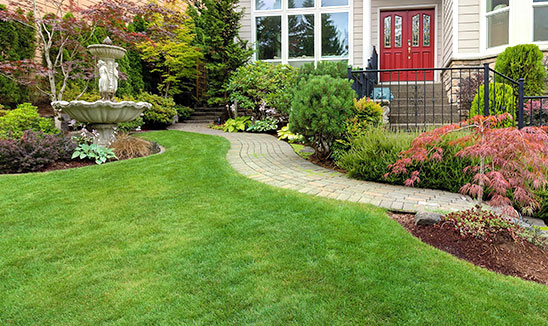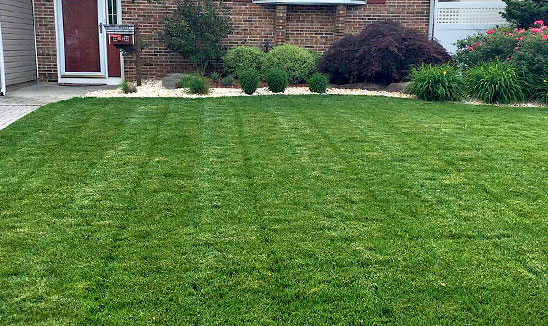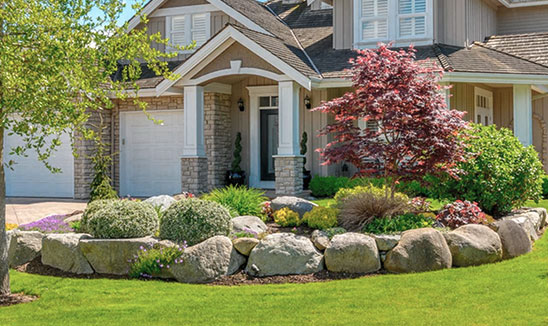The road to damaged lawns is paved with good intentions.
Achieving the goal of a well-manicured lawn entails year-round effort and a massive investment in time and money. Sometimes, when you encounter a minor problem, you solicit the advice of a trusted friend or neigbor to help you remedy the problem at hand. And as you follow the advice of the friend or neighbor, you discover that the problem took a turn for the worse.
That is not to say that the person you know is not well-meaning. Although lawn care is not rocket science, it does entail some degree of knowledge in order to avoid mishaps that can damage the front or back yard. Unfortunately, when it comes to lawn care, Creve Coeur MO locals still adhere to some practices that they think would allow the lawn to thrive but, contrary to their belief, can actually damage it. What are these practices?
Trimming the lawn too short. Some property owners think that mowing the lawn too short will allow them to save time and effort in mowing. However, if you clip the grass blades too short, you risk stressing the grass and hampering its ability to photosynthesize. Additionally, this gives weeds the opportunity to grow and thrive on your lawn. As a rule of thumb, you should cut no more than a third of the grass’s blades.
Overwatering. A lot of homeowners still perform the practice of watering their lawns in the morning and late afternoon every single day. But the truth of the matter is that lawns do not need to be watered every day. Indeed, some parts of the lawn may need more water than the other parts and you should consult an expert for that. However, watering every day prevents the grass from burrowing deeper, which in turn hampers their resilience to extreme summer heat. The best way to water your lawn is to do it deeply but infrequently.
Over-reliance on chemicals. Some property owners quickly make a trip to the local store to purchase fertilizers and pesticides at the first sign of a lawn care problem. However, homeowners should learn to make judicious use of these chemicals. Apart from posing harm to humans and animals, these can also severely damage the lawn when used haphazardly.
Ignoring the soil. Think of the soil as the foundation of a lush lawn. And you can invest time, money and effort toward lawn care but you will simply flush these down the drain if the soil is in pretty bad shape. Ideally, the soil’s pH level should be tested every two to three years and the appropriate measures should be put into place to restore balance. Homeowners should also check for soil compaction which can adversely affect the growth of grass.











